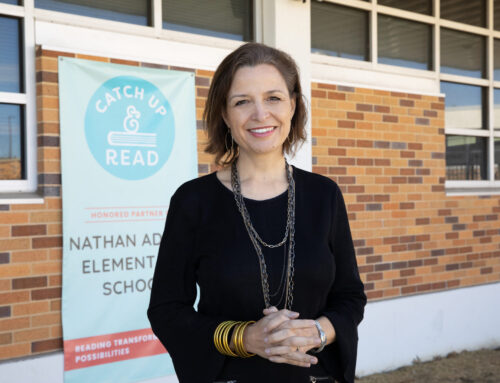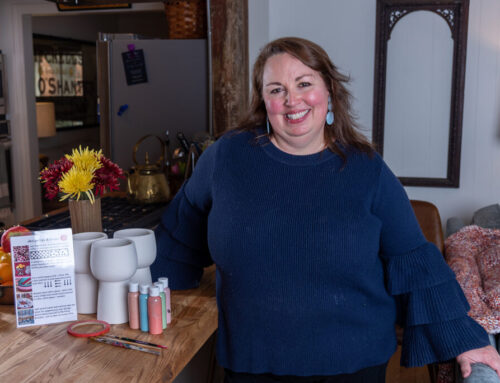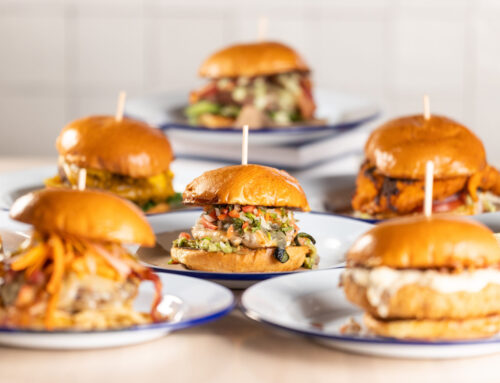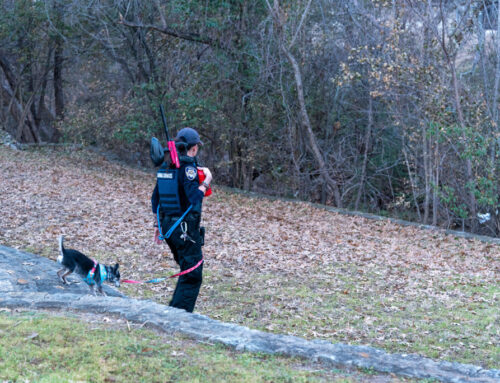OK. I admit it. I’m on Facebook. That makes me one of more than 200 million people who connect with friends on just that “social networking” site. As of this writing, I have 459 friends. Each time I log on, I discover what everybody is doing. Two minutes ago, a co-worker noted that she is putting on her makeup while in line at a Starbucks drive-through window. Did I need to know that?
I’m connected to lots of members of my church, friends of friends, and old high school buddies I haven’t seen in years. And, in spite of the fact that we haven’t seen each other since graduation, I now know what kinds of pets they have, and I’ve seen photos of their kids and grandkids. I know the mornings when they don’t feel like going to work, and I know when and where they are going on vacation. Is this TMI (too much information)?
All this has gotten me thinking: Is social networking really social networking? And what human need drives us by the millions to read the Twitters of friends and favorite celebrities? What I find curious is that most of us are alone when we check these online pages, and I have to admit that when I do, I feel more in touch.
We call our online contacts “friends”. Most days, I receive “friend requests” from someone wanting to connect. That’s another thing about Facebook — when was the last time someone came up to you and said, “I want to be your friend”? I have to admit, a friend request makes me feel all warm and fuzzy inside.
What I suspect is that social networking sites touch upon a deep human desire not to be alone. Our posts are like sonar “pings”, simple acts of reaching out to see who’s there. Very simply, we want to be connected to someone.
A preacher friend of mine once preached a sermon titled: “Who can you call at 2 a.m.?” His point was that we need true friends — people who don’t mind being inconvenienced when we’re having a bad day, or a sleepless night. Common wisdom has it that if you have one or two true friends, you are fortunate. They are the people who know you well and love you in spite of your flaws and foibles. Friends are people who delight in your being your own unique and sometimes quirky self. Friends are people who encourage you (who literally give you courage). Friends are people who love you enough to be gently honest with you when you are hurting yourself.
Malcolm Gladwell, in his popular book “The Tipping Point”, informs us about something called “Dunbar’s number”. Dunbar, an anthropologist at the University College of London, describes his “number”: “… there is a cognitive limit to the number of individuals with whom any one person can maintain stable relationships, that this limit is a direct function of relative neocortex size, and that this in turn limits group size … the limit imposed by neocortical processing capacity is simply on the number of individuals with whom a stable interpersonal relationship can be maintained.”
Dunbar’s number is 150. What he is saying is that our brains are incapable of handling a social network of more than 150 people; so my Facebook account is already over the limit by 309 people!
I suspect that what really matters is not how many “friends” you have, but whom you can call at 2 in the morning. In the meantime, right now I’m writing, then I’m going to shower, then maybe I’ll shave in the Starbucks drive-through. I know you wanted to know that.
Blair Monie is senior pastor of the Preston Hollow Presbyterian Church (phpc.org). The Worship section is a regular feature underwritten by Advocate Publishing and the churches listed on these pages. For information about helping support the Worship section, call 214.560.4202.






